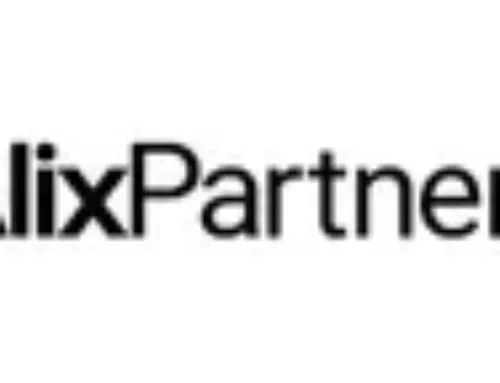Ethereum’s New Grants Model: Opportunities and Risks for Innovators in Crypto Payroll and
November 4, 2025
The Ethereum Foundation is shaking things up with their grants program, and it has the developer community buzzing. They’ve switched to a wishlist and RFP model, which sounds efficient. But what about the fresh ideas? What about the new talent? Here’s a breakdown of what this means for those of us in the crypto space, especially in areas like crypto payroll and DAO payroll solutions.
What’s the New Grants Model?
The Foundation’s new approach is a pretty big change from the old open-ended grant applications. Instead, they’ve laid out a wishlist and are issuing RFPs. The aim is to funnel money toward the projects that really matter to the ecosystem. It’s all about getting funding aligned with immediate ecosystem needs, but it also begs the question: what if your idea doesn’t fit into their box?
Are Established Developers Getting the Upper Hand?
One of the big worries here is that the new model might give a leg up to established developers. If the focus is on what the Foundation wants, does that mean fresh ideas and diverse talent will get lost in the shuffle? This could keep the ecosystem from moving forward, as funding could get stuck in the hands of those already in the game.
And let’s be real; it might make it tougher for smaller startups and indie devs to find their footing. The whole thing feels like a double-edged sword. While it could streamline funding, isn’t there a risk of stifling creativity by concentrating resources among the already established?
What Does This Mean for Crypto Payroll Solutions?
For those of us looking at things like crypto payroll or DAO payroll solutions, the stakes are high. As startups consider integrating crypto payments into their workflow, the funding landscape is going to be critical. If the focus is solely on established developers, it might limit the pool of innovative projects that could disrupt traditional payroll systems.
Think about startups looking at EOR with crypto payments or freelancer cryptocurrency payment solutions. If they don’t align with the Foundation’s wishlist, will they have a shot at funding? This could result in a lack of diversity in available solutions, ultimately impacting the growth of the crypto payroll sector.
How Can Smaller Startups Succeed?
Even with the challenges posed by Ethereum’s focused grants model, smaller fintech startups can carve their niche. Here are some strategies to consider:
Startups should align their projects with the wishlist items or RFPs when possible. Tailoring grant applications to demonstrate clear methodology, impact, and deliverables could help secure funding.
Participating in Office Hours and communicating with Grant Evaluators should be a priority. This could refine proposals and help meet milestone-based funding criteria.
Focusing on niche areas, like decentralized payroll tools or crypto-friendly payroll platforms, can help them stand out.
Exploring alternative funding models is also a good idea. Cross-chain interoperability funding, DAO-based funding, and protocol grants from other blockchain ecosystems could be viable options.
Finally, building strong community connections will be essential. Collaborating with other projects and engaging with the broader blockchain and fintech communities could enhance visibility and resource sharing.
In Conclusion
The Ethereum Foundation’s new grants model is a big deal. While it aims to make funding more efficient, it also raises concerns about sidelining innovative projects and diverse talent. For smaller startups, navigating this landscape will be a challenge. But with some strategic alignment, community engagement, and exploring different funding sources, there’s still hope for the future of crypto payroll and innovation.
Search
RECENT PRESS RELEASES
Related Post




